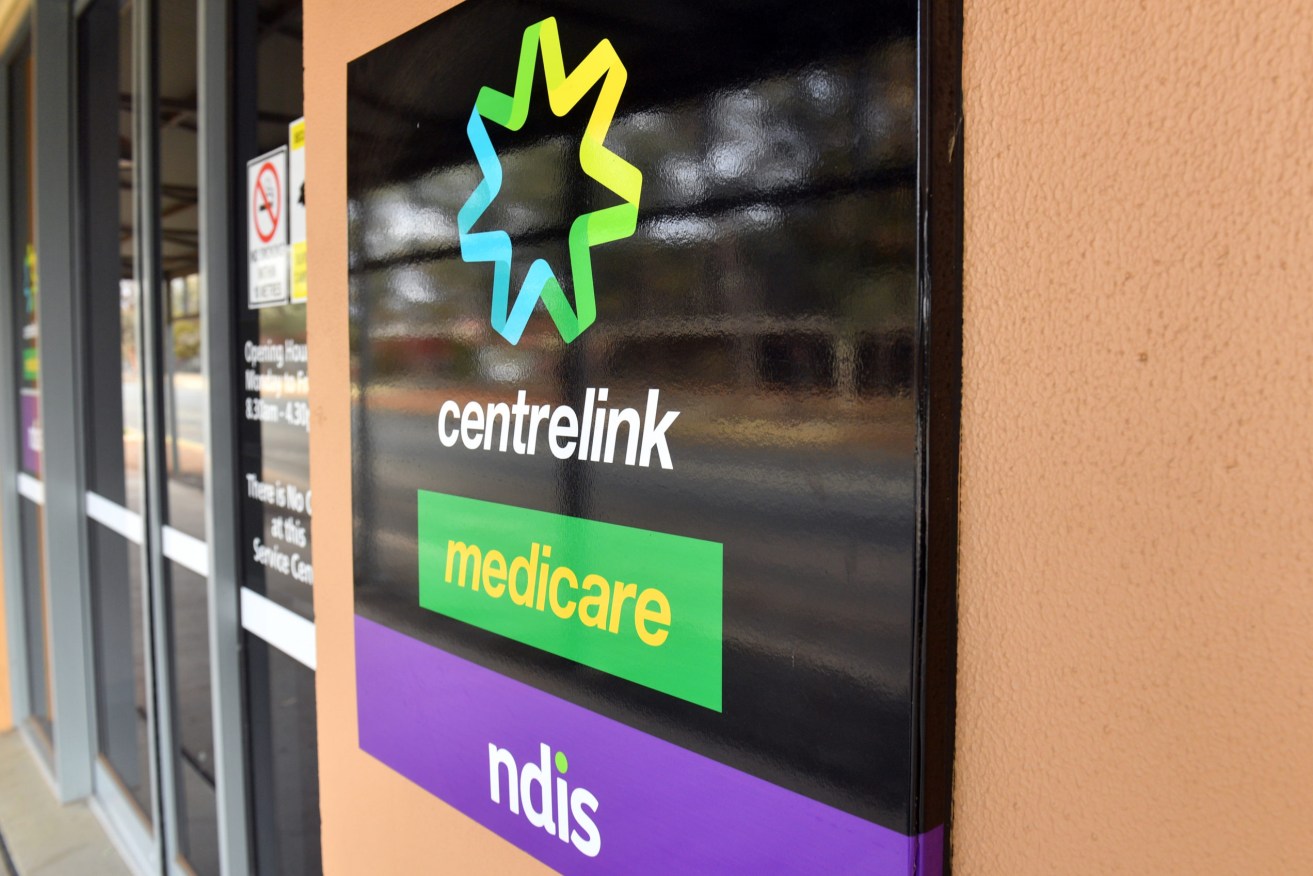Centrelink battens down as welfare questions emerge
More Australians will be reliant on income support payments to get through the pandemic and the Morrison Government appears set to increase the amount for those struggling to survive financially.

(Photo: AAP Image/Mick Tsikas)
However, the responsible agency, Services Australia, is unable to say how many applications it is receiving – there are anecdotal reports Centrelink is busier than normal – and is instead watching the rising unemployment rate. It is also unclear if, or when, payments will increase, and who might be better off.
It is already a particularly confusing time for recipients and applicants. Today, under long planned changes, various income support payments including Newstart, Sickness Allowance, Wife Pension and Bereavement Allowance will be axed, with the majority of welfare recipients due to be transferred onto JobSeeker payments – even those not required to look for work.
Social welfare groups have warned that such changes will add to public anxiety, particularly when the government’s first stimulus package, based on the old definitions, made 6.5 million eligible for $750 payments. That money will be paid between March 31 and April 17.
The long drought, and devastating bushfires over summer, had already seen an increase in applications for income support. However, Services Australia officials were unable to give numbers to a Senate committee on March 3 – they said the official unemployment rate provided the best guide – and this week had no figures on the early impact of the pandemic either.
“We are expecting an increase in members of the community seeking assistance from us during this time and we are prepared to respond accordingly,” Services Australia general manager Hank Jongen said in a statement.
“We have a flexible workforce of over 30,000 staff which has been specifically designed to allow staff to move between call and processing work according to changing demands and priorities.”
There has been speculation the government, in its next round of stimulus measures, will increase the rate of Newstart, or JobSeeker payments, and reduce the waiting periods for new applicants. The Coalition has long opposed such moves.
On Thursday, Prime Minister Scott Morrison said the transition to JobSeeker arrangements had been devised in a much stronger economy and intended to get people off welfare and into paid work.
“Now, we understand that certainly over the next six months, that is a very different looking economy,” Morrison said.
“And when the facts change, when the circumstances change, you need to adjust your packages and the way you’re delivering support in the community to reflect that.”
A Senate committee had been due to report on its inquiry into the adequacy of Newstart at the end of March, however that may be delayed due to the disruption to parliament. QCOSS and other groups have long called for a $95 a week increase to Newstart – previously costed at about $4 billion a year, but now rising with the number of recipients.












